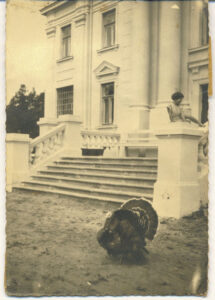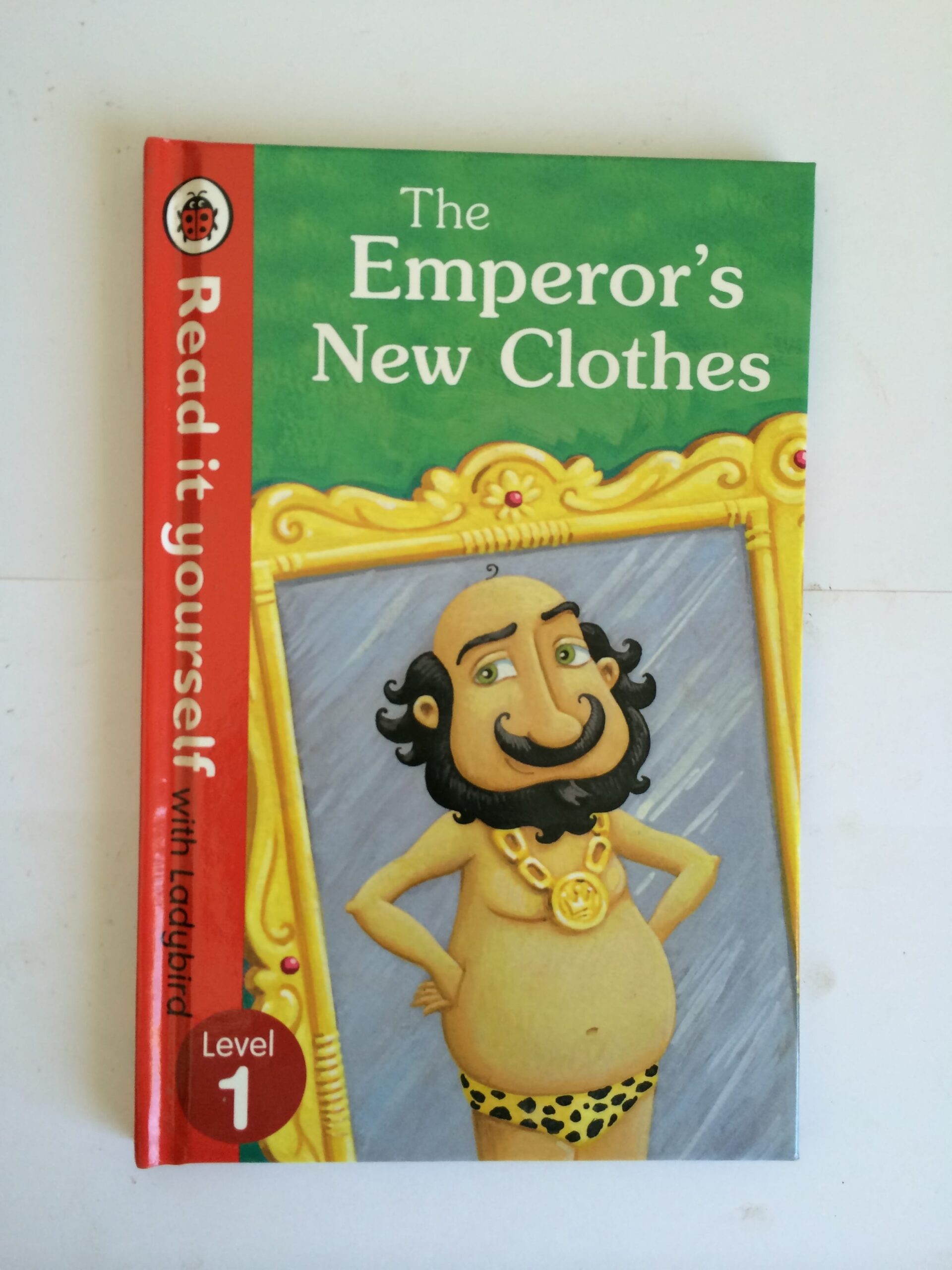1. Dana’s Story – The background to Deportation
Danuta was born in Hutka, near Slonim, in 1925.
 Her father, Stanislaw, was responsible for the Albertyn Estate for Count Wladyslaw Puslowski, whom he had befriended while in Austrian captivity in the First World War.
Her father, Stanislaw, was responsible for the Albertyn Estate for Count Wladyslaw Puslowski, whom he had befriended while in Austrian captivity in the First World War.
Stanislaw had studied in St Petersburg. During the unrest in1905 he was deported to Siberia by the Tsarist authorities. He later studied Forestry and Estate Management in Vienna but was unable to finish his studies with the outbreak of WW1 and was interned in Braunau on the Inn as an enemy alien (he was a citizen of the Russian empire). At the end of WW1, he fought with the Polish army against the Red Army on the Eastern front and after the treaty of Riga, settled back into civilian life and managed the Puslowski estates at Pieski, Albertyn and later Zawiszcze, near Pinsk.
Danu ta grew up in Hutka, Zawiszsze and near Kemelishki, now in the north of Belarus. She went to secondary school in Wilno (Vilnius), then part of Poland. In early 1939, her mother died.
ta grew up in Hutka, Zawiszsze and near Kemelishki, now in the north of Belarus. She went to secondary school in Wilno (Vilnius), then part of Poland. In early 1939, her mother died.
When the Red army crossed the eastern border in 1939, Danuta’s father and brother, Janusz, were sentenced to death. The workers from the estate helped them to escape captivity and they fled to Wilno (Vilnius) which was now under Lithuanian administration. Being a fluent speaker of Lithuanian, and well-connected (he had been offered a ministerial post in the Newly formed Lithuanian government in 1918), Stanislaw became a chief accountant in the Town administration.
In June 1941, Danuta, Janusz and Stanislaw were transported to Siberia in the fourth wave of mass deportations by the Soviet authorities. In Vilnius, the deported families families were separated: some 4,000 men were taken to Krasnoyarsk and 13,500 women, old people and children were taken to Kazakhstan, the Altai Mountains territory, Russia’s republic of Komi, the Tomsk region, and the Arctic zone. This was one part of up to 1.7 million deported inhabitants of the territories annexed by the Soviet Union between 1939 and 1940. Up to half died on the way: the old, the pregnant and small children were to first to perish. When the trains stopped, the bodies were left beside the railway tracks as the trains did not stop long enough for graves to be dug.
On arrival to their various destination in the extremes of the USSR, the deportees were put to work. Danuta, Janusz and their father were sent to a succession of settlements in Altaisk, near the border with Mongolia and Kazakhstan.
Following an agreement between the Polish Government in Exile, now based in London, and the Soviet government, in the wake of the German invasion of the USSR, some of the exiled Polish deportees and those in Soviet prison camps were released from captivity and made their own way to the south of the USSR. There, a Polish army was being formed. Famine and disease severely depleted their numbers. Stalin forbade ethnic Belarusian, Ukrainian and Jewish deportees to join the army: They were required to accept Soviet citizenship. However, some still managed to join up.
The British supplied food, uniforms and essential goods. However, there there was a shortage of officers as the officer corps seemed to have disappeared. The Polish army made extensive enquires around the USSR in the prison camps but were unable to get any answers from the Soviet authorities. Later, the graves of these officers were discovered at Katyn, near Smolensk.
Stanislaw and Janusz became part of the new Polish army, as was Danuta, although she was only 16. The three of them left the Soviet Union in 1942 with 112,000 other deportees, crossing the Caspian sea from the USSR to Persia. Many more were left behind, having been prevented from leaving the USSR. These had also made the journey to the south but were sent back to the camps and places of exile when Stalin closed the border. Some of them were later released to join a Polish Corps as part of the Red army, some were allowed to return to Poland after the death of Stalin but many remained in exile.
The Polish army, renamed the Polish II Corps, (the Polish I Corps was formed in Great Britain from those who had escaped from the German in Western Poland) moved from Persia across to Palestine, North Africa and to Italy to fight against the Germans under British command. Janusz fought at the battle of Monte Casino, and at the liberation of Bologna and Ancona, where he won the Military Cross. Stanislaw worked in logistics. Danuta stayed in Palestine where she caught up on her missed schooling.
Danuta was my aunt. This is her Siberian diary




